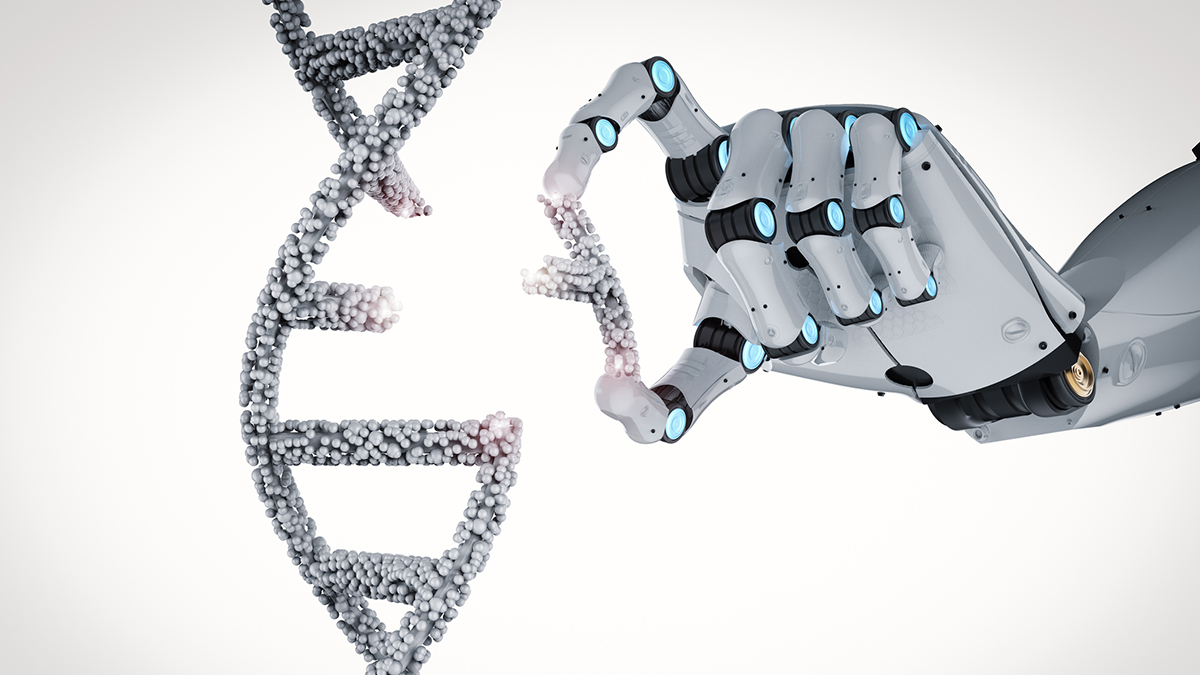AI for rare diseases: putting tech to work for small populations

With the 12th annual Rare Disease Day on the horizon, it’s a pertinent time to think about how one of the most exciting technological innovations of the last decade, artificial intelligence (AI), could help transform the lives of people living with these difficult conditions. Ironically, rare diseases add up. One estimate is that more than 350 million people in the world – that’s more people than live in the United States – or about one in ten people worldwide, have one of about 7,000 diseases that are considered rare. More people than those affected by depression, the most common disability. More than cancer and AIDS combined. The problem with rare diseases, however, is right there in the name. Each condition is so rare that healthcare becomes extremely challenging. It’s often difficult to diagnose, develop treatments, or find support as a patient when you’re dealing with something that affects so few people. Ninety-five percent of rare diseases lack an FDA-approved treatment. But this is where today’s technology and AI can help. Intouch Solutions have put together a guide to how AI can make a difference in orphan diseases, from disease awareness and diagnosis, to programmatic advertising, trial recruitment and patient support. Machine learning programmes can combine information from disparate medical records, pulling together highly distributed symptoms, and continuously calculate the probability, and level of confidence, of any number of diagnoses that can be presented to an healthcare professional (HCP) for consideration in real time. They can also use data to prequalify patients for trials and target the likeliest audience with contextually relevant messages. And the ability of AI-powered algorithms to connect people who would never otherwise meet over social media can empower rare disease patients in unprecedented ways. To find out more, read the full guide to AI in rare diseases at Intouch’s website.













